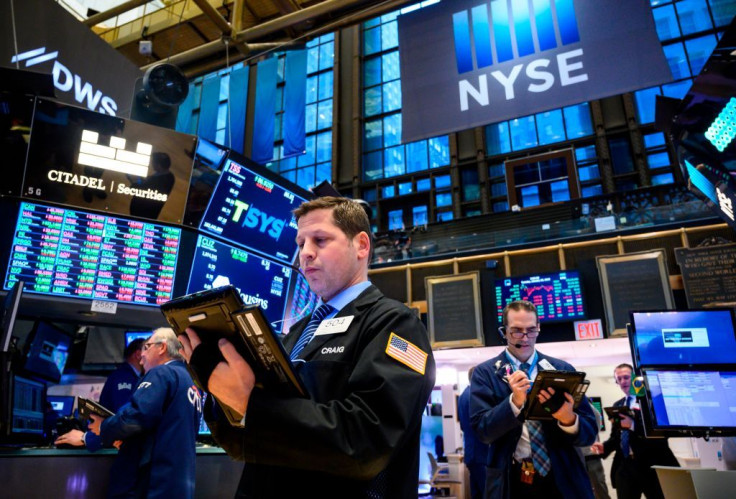CrowdStrike Stock Soars 97% On Nasdaq Trading Debut

Cybersecurity technology firm CrowdStrike Holdings Inc. saw its shares at the NASDAQ skyrocket by 97 percent to hit $63.50 during its Wall Street debut Wednesday. The massive surge pushed the company’s market cap to $11.4 billion and made co-founder and CEO George Kurtz an instant billionaire.
CrowdStrike opened trading at $34 a share, above the high end of its expected range of $28 to $30 per share. It closed its first trading day with a share price of $58, up 70.6 percent. It was trading at $58.90 after hours.
CrowdStrike sold over 18 million shares at $34 to raise more than $610 million at an initial valuation of about $6.7 billion. Analysts said CrowdStrike’s market cap of $11.4 billion at trading day’s end is nearly four times the valuation from its last private round in June 2018.
Apart from making Kurtz a billionaire, CrowdStrike’s fantastic first day on Wall Street also saw the company’s early backers rewarded with huge returns. Private equity firm Warburg Pincus LLC now owns a stake worth over $3 billion. Venture capital firm, Accel, saw its stake balloon to over $2 billion; while Alphabet’s private equity firm, CapitalG, holds shares worth over $1 billion.
CrowdStrike, which has rung-up a string of annual losses since it was founded in 2011, recorded a net loss of $140 million for the year ended Jan. 31. Revenue more than doubled to $249.8 million.
CrowdStrike became famous for its work in pinpointing Russia intelligence services as behind the infamous 2016 Democratic National Committee email leak and the Democratic National Committee cyber attacks. It also identified North Korean hackers as the ones responsible for the Sony Pictures hack in 2014.
CrowdStrike provides endpoint security, threat intelligence and incident response services to clients in more than 170 countries. Among its customers are Credit Suisse, Tribune Media and Amazon Web Services. CrowdStrike launched Falcon, its first end-point security product in 2013.
Kurtz thinks his company stands out from other security stocks because it’s grown using cloud technology.
“There’s been no Salesforce of security,” said Kurtz to CNBC. “And we think we’ve taken the right approach and created the right architecture to be that fourth pillar of cloud computing.”
“Security, and in our particular area, it’s really a greenfield opportunity,” he said. “There’s a lot of frustration with the incumbent vendors.
“So our sales and marketing spend has really been focused on capturing market share and delivering our solution into geographies that we haven’t been in and into verticals that we didn’t have the penetration when we first started the company. So we feel comfortable with the unit economics and we feel comfortable with the marketing spend given where we are as a company.”
© Copyright IBTimes 2025. All rights reserved.





















